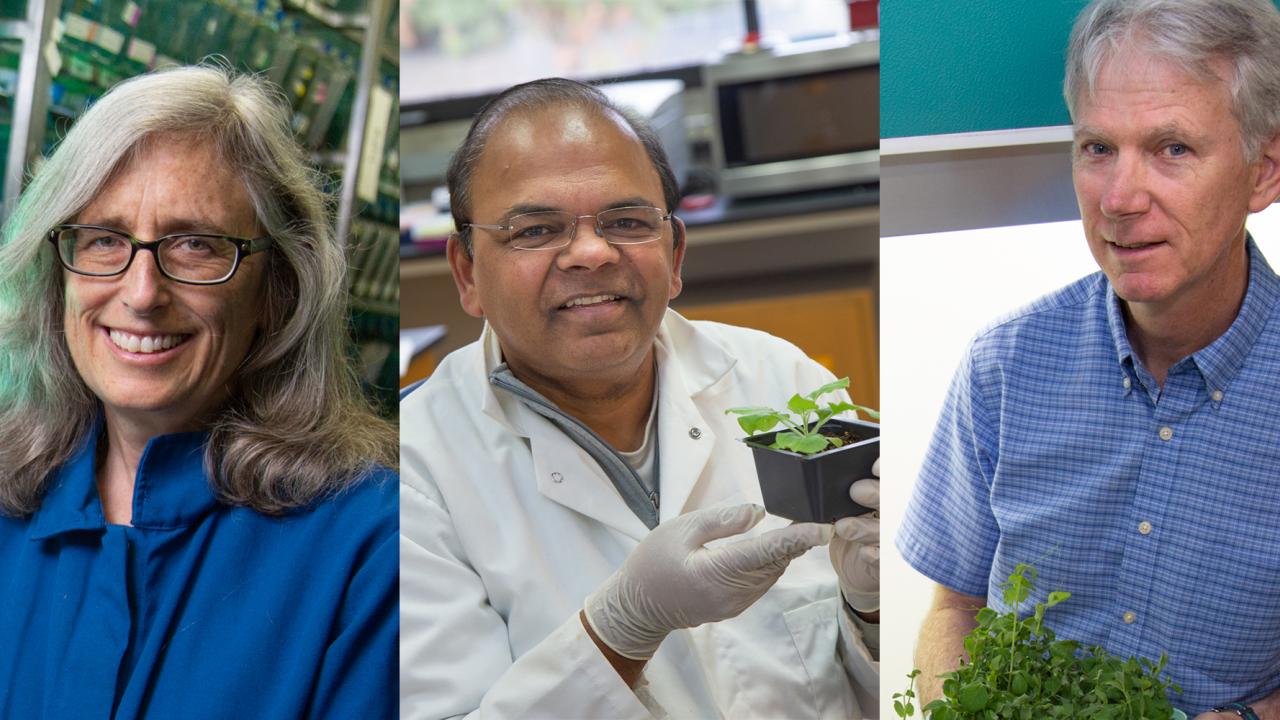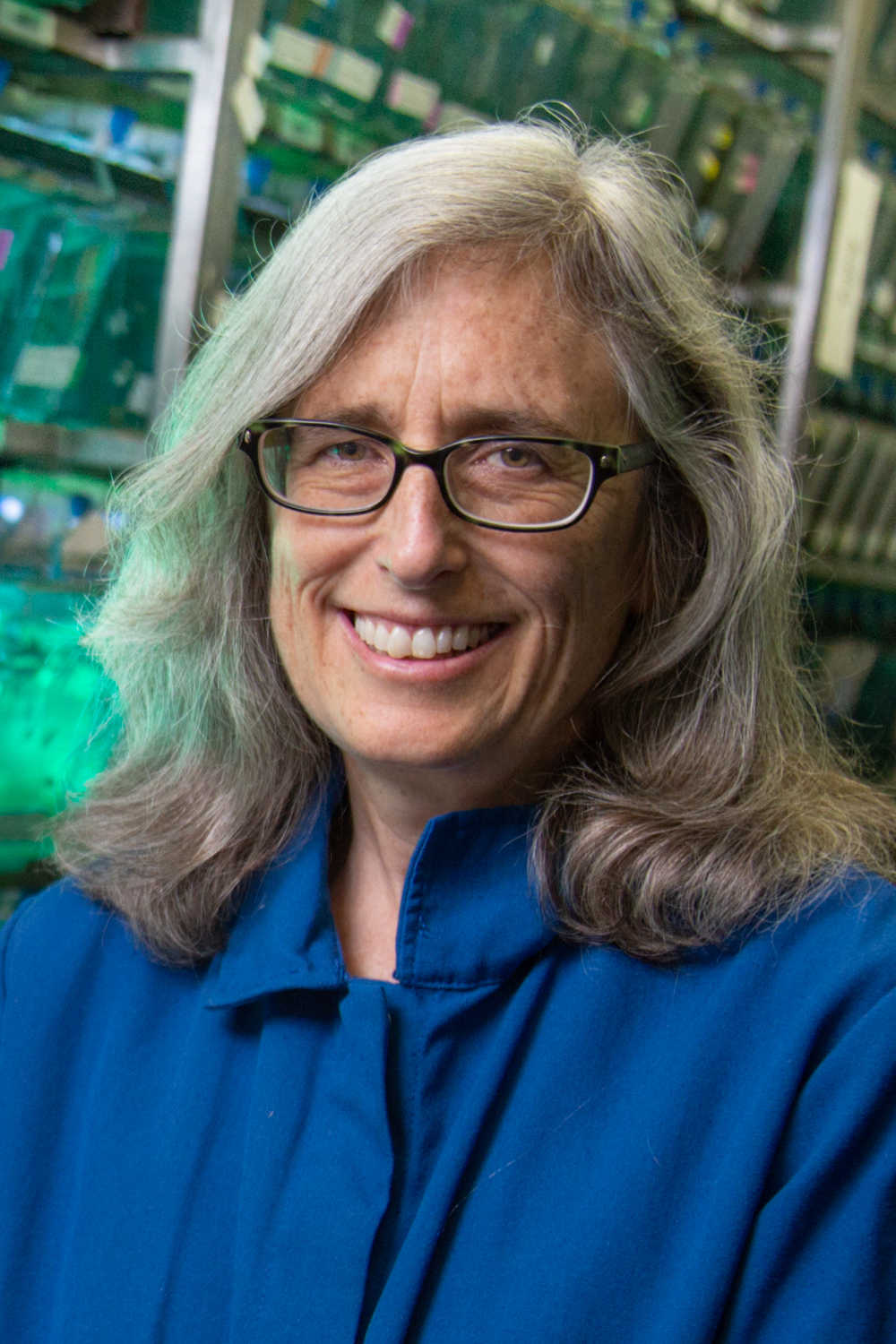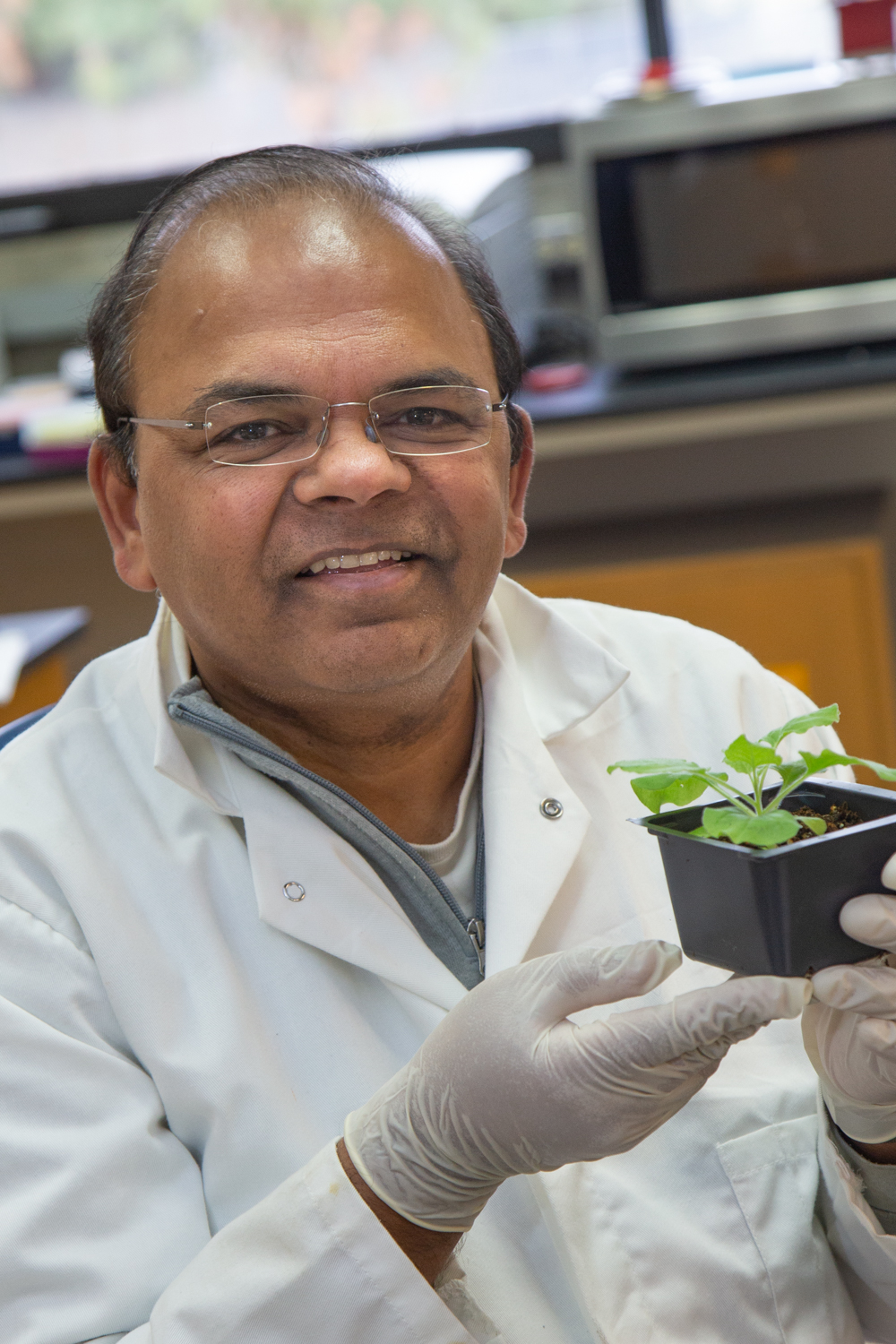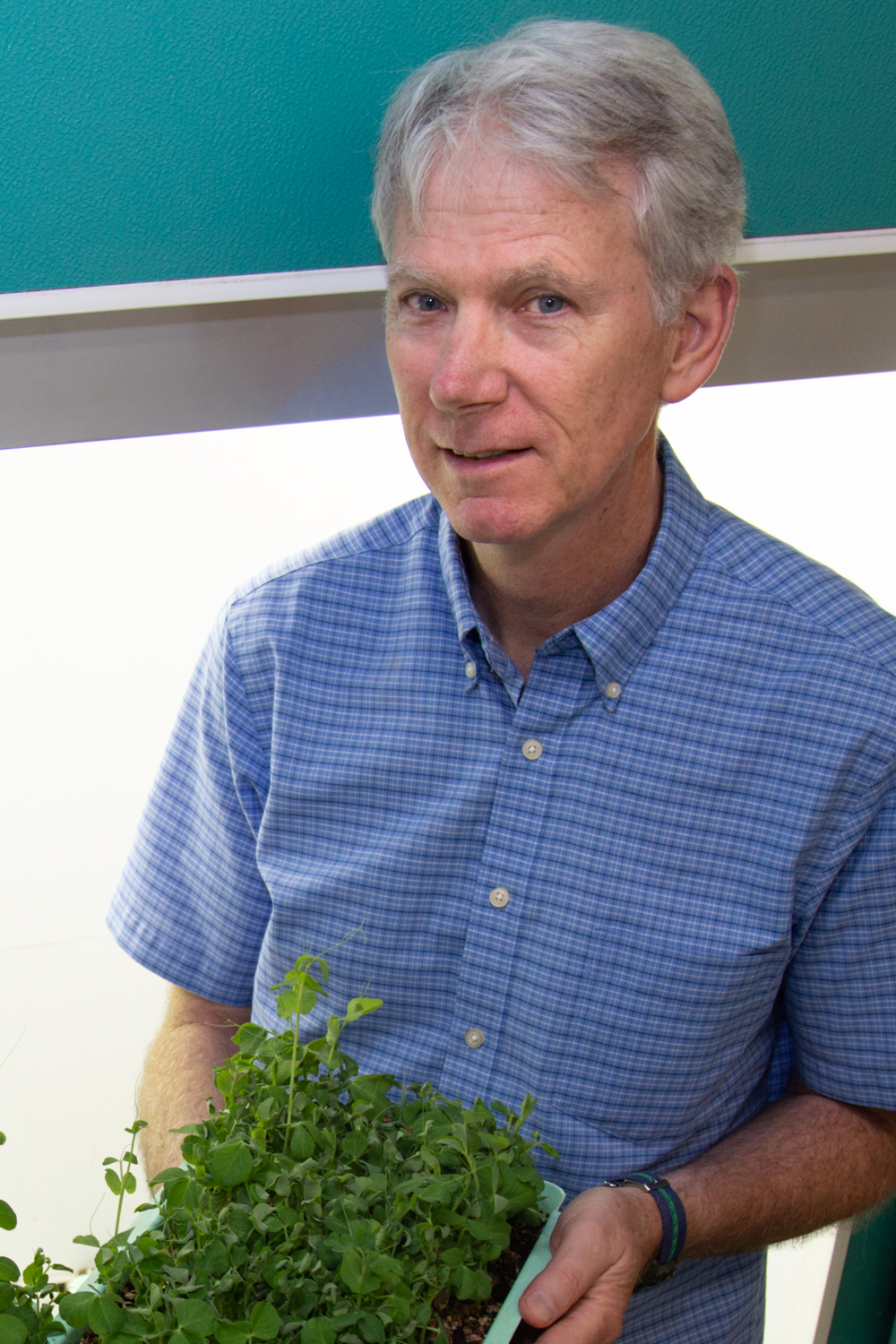
AAAS Names Three College of Biological Sciences Researchers as 2018 Fellows
Three faculty members from the UC Davis College of Biological Sciences have been honored this year as Fellows of the American Association for the Advancement of Science (AAAS). Professor Sean Burgess, Department of Molecular and Cellular Biology; Professor Savithramma Dinesh-Kumar, Department of Plant Biology; and Professor Steven Theg, Department of Plant Biology, were selected by the storied institution for their distinguished contributions to advance science and its applications. As fellows, they join a tradition that dates back to 1874.
Find out more about our 2018 Fellows below.
Professor Sean Burgess, Department of Molecular and Cellular Biology
Burgess was selected as a fellow for her “distinguished contributions to the field of genetics, particularly for using model genetic organisms to understand features of the eukaryotic cell nucleus,” according to AAAS.

“I am really honored to be elected as a AAAS Fellow,” said Burgess. “While science as a whole is a big enterprise, it is powered by individual scientists working every day in the lab or in the field. I think the AAAS Fellows designation puts a face to these research efforts.”
Burgess earned a Ph.D. in Genetics at the University of California, San Francisco, where she studied mRNA processing in budding yeast. During this time, she discovered a conserved mechanism that promotes mRNA splicing fidelity. She received a B.A. in Molecular, Cellular and Developmental Biology from the University of Colorado, Boulder.
“Since I was an undergraduate, I have been interested in the organization and function of nucleic acids in the nucleus,” said Burgess, noting that she thinks of herself as a molecular geneticist and basic scientist.
Currently, Burgess investigates how gametes—sperm and eggs—end up with the correct number of chromosomes.
“Errors can arise during the chromosome events of meiosis and are a leading cause of birth defects and miscarriages in humans,” said Burgess. “I am using budding yeast as a model organism and recently added zebrafish as a vertebrate model to my research program.”
Professor Savithramma Dinesh-Kumar, Department of Plant Biology
Dinesh-Kumar was selected as a fellow for his “distinguished contribution to plant immune receptors and the role of chloroplast stromules and autophagy in innate immunity,” according to AAAS.

“AAAS does so much to promote science within the United States and around the world,” said Dinesh-Kumar. “I was surprised and pleased for the recognition when I heard the news. This means that my peers and the scientific community recognize our scientific contributions.”
Dinesh-Kumar received a Ph.D. in Molecular, Cellular and Developmental Biology from Iowa State University, where he began his work in plant virology. His work in plant innate immunity started at the Plant Gene Expression Center at UC Berkeley. He earned a B.S. in Genetics and Plant Breeding from the the University of Agricultural Sciences, Bangalore.
“Over the years our group has made significant contributions towards understanding the plant immune system,” said Dinesh-Kumar. “We were one of the first groups to uncover nuclear functions for plant immune receptors. We were also the first to report a role for chloroplast in pathogen recognition and activation of defense signaling.”
Among their many firsts, Dinesh-Kumar and his team also developed several important tools used by plant biologists, including an RNA interference technique called virus-induced gene silencing. Meant for gene function studies, the technique has been used to reduce gene expression in over 25 plant species.
“These tools have not only advanced our research work but also have been used by the scientific community worldwide,” Dinesh-Kumar said.
Professor Steven Theg, Department of Plant Biology
Theg was selected as a fellow for his “distinguished contribution to the study of protein translocation across biological membranes, particularly those in chloroplasts, and of chloroplast bioenergetics,” according to AAAS.

“It is nice to have someone look at your career and say it merits your joining this group,” said Theg. “I was fortunate enough to work with many terrific scientists and this is what comes from our combined efforts.”
Theg earned a Ph.D. in Molecular Biophysics from Florida State University. He received a B.S. in Biology from Boston College. Coming from a background in bioenergetics, he eventually moved into protein targeting in chloroplasts.
“When we published an accounting of the energy cost of protein targeting in the chloroplast, I think both fields got a look at a bridge that hadn’t been there before,” he said. “We published it in Cell, and it made a splash of sorts.”
“We also made an impact by using a different plant model system to show by genetics what had been hard to show by biochemistry,” he added.
Using moss as a model system, the team showed that a molecular chaperone that was well-known as a protein trafficking motor also facilitated such trafficking in chloroplast.
“It was important for my career to start in one field, move to another and then bridge between the two,” he said. “I think that students who move to a postdoc doing something pretty different than they did as a graduate student can be uniquely positioned to apply a new perspective to old problems.”